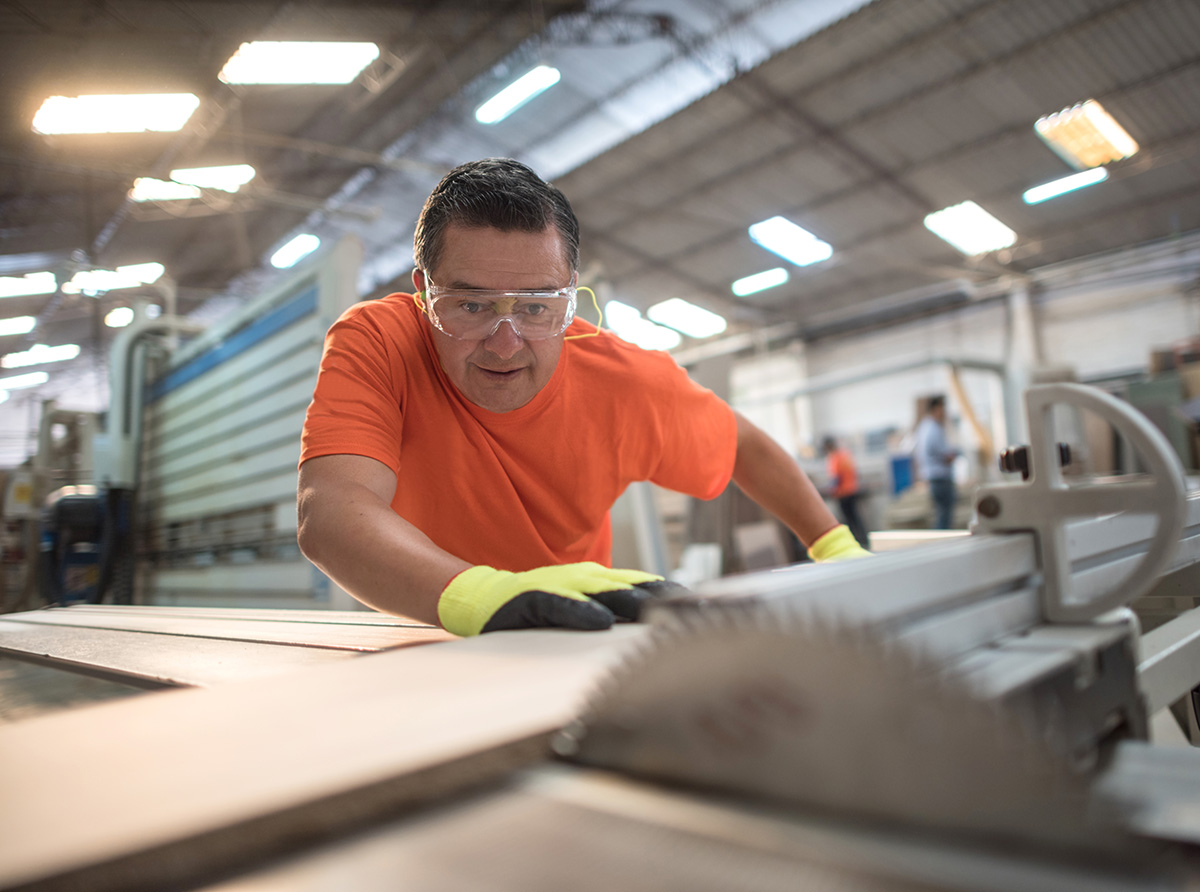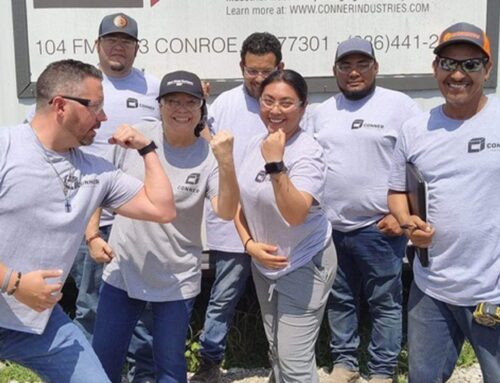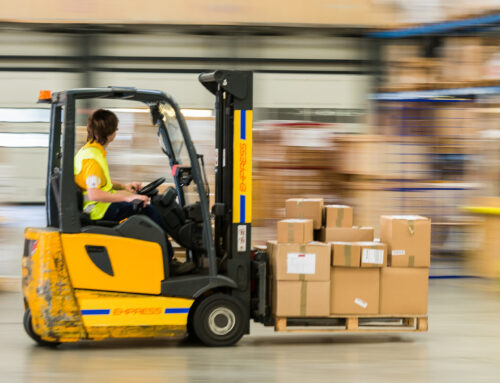We all know what pallet dimensions are, the length, width, and height of your pallet, right? Although that’s a perfectly acceptable answer, there’s so much more to pallet dimensions than its measurables.
Like so many things in life, there’s not always a one-size-fits-all answer when it comes to choosing the right wood packaging solution. Standard-sized pallets are great for many items, but sometimes you need unique pallet dimensions for your product to be transported safely to its destination. If you’re looking for an alternative to run-of-the-mill pallets, a custom pallet is just what you need. Custom pallets go beyond just a change in pallet dimensions. They provide the opportunity to work with your pallet manufacturer, protect against in-transit damage, can be made of many different materials, and receive many different forms of wood treatment.
Custom Pallet Dimensions, Custom Design, Custom Process
As we touched on earlier, many products require unique solutions for their perspective size, weight, composition, or purpose. The standard 48×40 pallet dimensions aren’t always the best fit for your product. With a custom pallet, however, your pallet manufacturer can create whichever pallet dimensions, specifications, or requirements are needed.
At Conner, this process is overseen by our team of engineers who are dedicated to creating the ultimate wood packaging solution for your product. Our engineering team designs and creates custom pallets based on you and your products’ transportation needs. To us, the thought of your product receiving in-transit damage from inadequate wood packaging is unacceptable. That’s why we ensure that each custom pallet is made with precise pallet dimensions, strong materials, and a sturdy design.
Whether your custom pallet is being built for an industrial-sized pipeline, a two-ton manufacturing machine, or even barrels of oil, we can ensure you that the pallet will have the adequate design and strength for your product.
In-Transit Damage Prevention
Preventing in-transit damage doesn’t always look the same. Adding strategic pieces of wood dunnage, using the appropriate volume of product on a pallet, and using clearly marked warnings for transportation professionals can all be ways that you can prevent the damage of your products.
Using a pallet with the wrong pallet dimensions can cause you grief in a handful of ways. If the pallet you used is too narrow or short, this can cause pallet loads to sway in transit, creating the risk of your products collapsing on their side. With the inverse problem, meaning your pallet is too wide or long, this creates negative space in the back of vehicles… This can be quite the problem as well.
With enough negative space in the back of a truck, pallet loads can be susceptible to load shift. This can cause your pallet load to become compromised and collapse as well. Along with this, using a pallet that’s too big for your product is simply a waste of space and money for your company. In either scenario, in-transit damage can be prevented by using a custom pallet. With the appropriate pallet dimensions, your items will be safe in the metaphorical “sweet spot” of wood packaging, meaning a pallet that gives its pallet load enough room for needed movement, but not enough to cause in-transit damage.
Custom Pallets’ Materials and Treatments
Aside from pallet dimensions, custom pallets can have other modifications as well. For the most part, this is seen with the implementation of different materials used to make the pallet, various treatment options given to the pallet’s wood, and the type of wood fasteners used to secure the pallet’s joints. For now, however, we’ll stick to the materials and treatment options.
Like many other industrial wood products, most wood pallets are made of either number 3 or 4 softwood lumber. Depending on where you are in the United States, this is most likely going to be Southern Yellow Pine or Spruce-Pine-Fir. Both groups of lumber provide enough strength and versatility to withstand the toughest industrial environments. Although these types of lumber are surely reliable, some industry professionals swear by the reliability of hardwood pallets – that’s OK! Custom pallets can be made of hardwood just as easily as they can with softwood species. This personal preference can surely be met by your pallet manufacturer. In either case, your pallet manufacturer can cut whichever lumber you choose down into your custom pallet dimensions.
For many manufacturers, pallet treatment options are vitally important. If this is you, you can rest easy knowing that custom pallet treatment is widely available. Many in the manufacturing industry are in the business of exporting their products to foreign countries… ISPM-15 certification is a must for these manufacturers. Many pallet manufacturers are authorized to apply ISPM stamps that certify that the wood is up to the international phytosanitary measures required for export. In other parts of manufacturing, namely in the chemical and pharmaceutical industries, wood pallets are required to be chemically treated so that they can transport sterile equipment. Again, many pallet manufacturers are more than happy to get you the custom pallet treatment your product requires.
We Hope You See the Benefits of Custom Pallets!
The benefits and opportunities provided by custom pallets go so much further than just their pallet dimensions. With the ability to work side-by-side with a pallet manufacturer, the in-transit damage prevention you receive, and the different options you have for materials and treatment, custom pallets are not a one-trick pony!



![[PRESS RELEASE] Conner Industries Announces Website Dedicated to Integrated Packaging Division](https://conner.b-cdn.net/wp-content/uploads/2024/05/Conner-Packaging-Blog-500x383.jpg)



